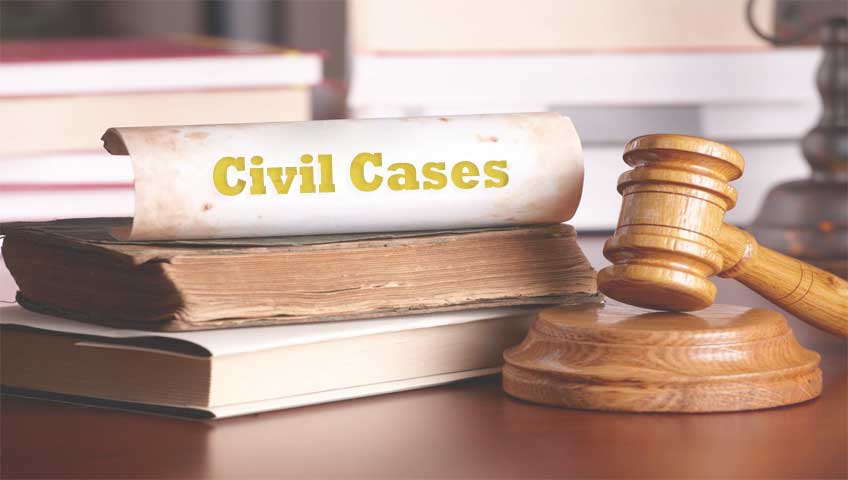
- July 29, 2022
- |Civil Law, Practice, And Procedure, Concise Law Reports (CLR), Delict
CIVIL PRACTICE – ABSOLUTION FROM THE INSTANCE
DELICT – DEFAMATION – IT IS NOT AN ELEMENT OF A DELICT OF DEFAMATION THAT THE CHALLENGED STATEMENT BE FALSE
The plaintiff instituted action against the first defendant alleging that the first defendant published statements concerning her which are defamatory. At the end of the plaintiff’s case, the defendants applied for absolution from the instance. The Court dismissed the application insofar as it related to the claim of defamation (but granted certain ancillary relief), and held that, as per USIKU J:
- Absolution from the instance may be granted if the plaintiff has failed to adduce evidence upon which a court could or might grant judgment in favour of the plaintiff.
- The enquiry then is: ‘is there evidence upon which the court ought to give judgment in favour of the plaintiff.
- In order to ascertain whether the plaintiff has adduced evidence relating to all the elements of her claim, the starting point is to consider the elements of the delict of defamation, which is defined as the publication of a defamatory matter referring to a person:
(i) which is wrongful in that it infringes on his/her legally protected right to good name or reputation and;
(ii) which is made with the intention to injure his/her good name or reputation.
- It is trite law that a defamatory matter consists in words or conduct that tend to lower a person in the estimation of reasonable persons in the society generally
- The elements which must be proved are therefore:
(a) the wrongful and,
(b) intentional,
(c) publication of,
(d) a defamatory matter/statement(s),
(e) concerning the plaintiff.
- It is not an element of the delict of defamation, that a statement be false, for it to be defamatory. Once published, it is presumed that the publication was both unlawful and intentional.
- The test is objective; the natural and ordinary meaning of the impugned statements and how a reasonable person would have understood the statement and whether the meaning given to the statements is defamatory in the sense that it tends to lower the plaintiff in the estimation of the right-thinking members of the society generally.
- It is trite law that defamatory statements include statements affecting moral character, imputing dishonesty, unethical or unprincipled behavior reflecting on office, profession or occupation, or which expose a person to enmity, ridicule or contempt.
Hengari v NWR and Others (NAHCMD) 29 July 2022